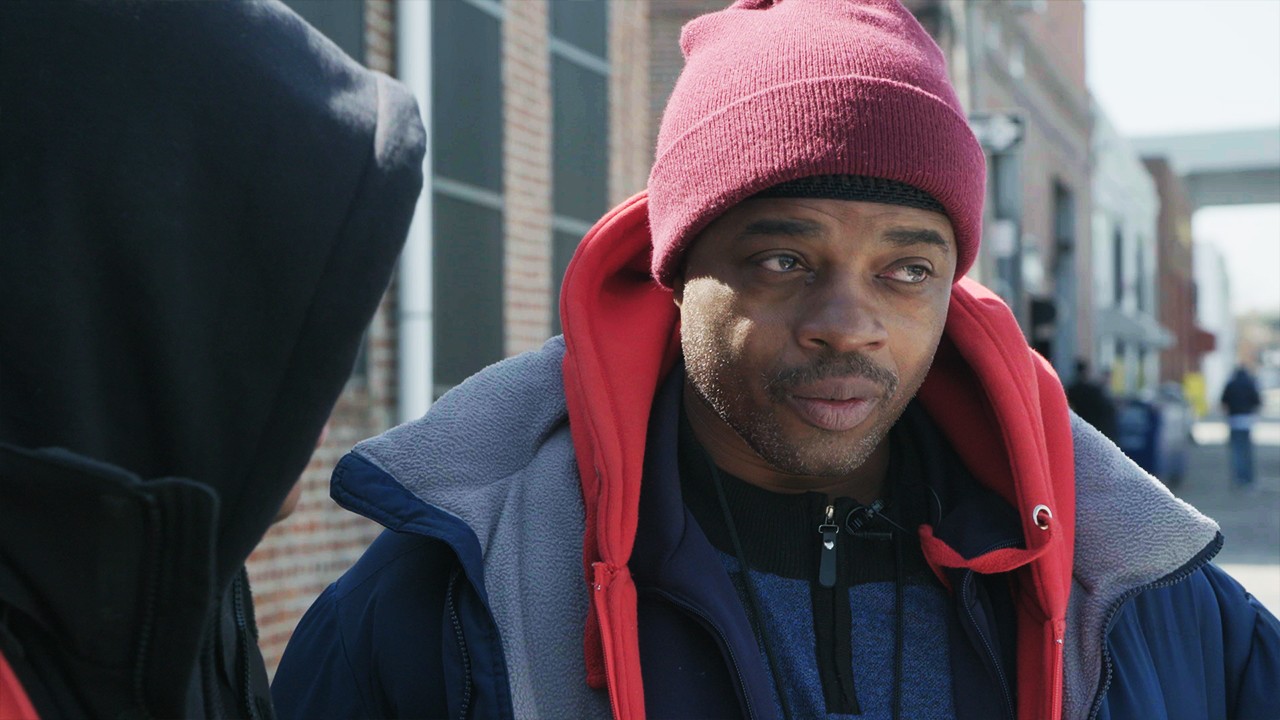The Declaration of Independence may say that all men are created equal, but the nation’s founding fathers weren’t exactly practicing what they preached. It wasn’t until Congress ratified the 15th Amendment in 1870 that African-American men gained the right to vote. However, it would be nearly 100 years before the majority of people of color could vote without significant legal obstacles.The amendment states that national and state governments are not allowed to deny citizens their right to vote based on “race, color, or previous condition of servitude.” This historic legislation led to hundreds of black politicians serving in government for the first time in the South and around the country. However, with the progressive wave came regressive blowback.
Advertisement
Following the end of the Reconstruction-era, southern states implemented Jim Crow Laws for elections in the form of poll taxes, grandfather clauses and literacy tests to undermine black voters. Also, racially motivated hate groups, such as the Klu Klux Klan, intimidated black voters from going to the polls.
Watch some more video on VICE:
Voter expansion for other racial minorities has been a similarly long and difficult process. The federal government didn’t grant Native Americans citizenship until 1924, and many states didn’t allow indigenous people to vote until 1957. Also, it wasn’t until the 1950s, after Congress passed the McCarran-Walter act-- also known as the Nationality Act of 1952 -- that all Asian immigrants were allowed to become fully naturalized citizens and therefore allowed to vote.The 15th Amendment was a crucial step towards the Voting Rights Act of 1965. Passed during President Lyndon B. Johnson’s administration and under pressure from civil rights leader Martin Luther King Jr., the landmark legislation disallows racial discrimination in voting and made voting much more accessible to black people and other minoritiesAlthough the voting rights have come a long way, the system in the US is far from perfect. The ACLU is empowering ordinary citizens to take action against voter suppression with their People Power campaign. VICE Impact has partnered with the ACLU to end lifetime voting bans for ex-offenders in Florida. Sign the ACLU’s petition to ensure everyone can participate in this essential right for all Americans.
Watch some more video on VICE:

Voter expansion for other racial minorities has been a similarly long and difficult process. The federal government didn’t grant Native Americans citizenship until 1924, and many states didn’t allow indigenous people to vote until 1957. Also, it wasn’t until the 1950s, after Congress passed the McCarran-Walter act-- also known as the Nationality Act of 1952 -- that all Asian immigrants were allowed to become fully naturalized citizens and therefore allowed to vote.The 15th Amendment was a crucial step towards the Voting Rights Act of 1965. Passed during President Lyndon B. Johnson’s administration and under pressure from civil rights leader Martin Luther King Jr., the landmark legislation disallows racial discrimination in voting and made voting much more accessible to black people and other minoritiesAlthough the voting rights have come a long way, the system in the US is far from perfect. The ACLU is empowering ordinary citizens to take action against voter suppression with their People Power campaign. VICE Impact has partnered with the ACLU to end lifetime voting bans for ex-offenders in Florida. Sign the ACLU’s petition to ensure everyone can participate in this essential right for all Americans.
